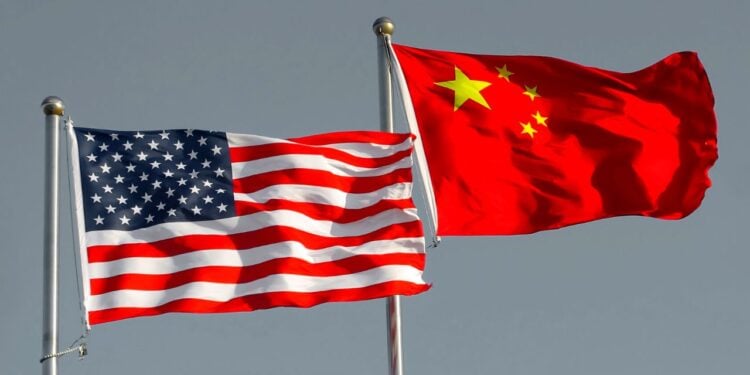Global competition to develop advanced AI systems is heating up, with China and the U.S. at the forefront of research and development (R&D).
While the U.S. is leading in the development of advanced AI systems like ChatGPT, a report published by the New York Times reveals China has surpassed the U.S. as the largest producer of artificial intelligence (A.I.) researchers.
The insights come from the Paulson Institute’s think tank MacroPolo which reveals that China now produces almost half of the world’s top A.I. researchers — compared to about 18 percent from the U.S.
According to Marco Polo’s report, the U.S. remains a leader in attracting and retaining top-tier AI expertise, with 75% of the most elite researchers working in American institutions as of 2022 — up from 58% in 2019. Notably, American and Chinese researchers comprise the majority of this talent pool.
However, the competition has intensified across many countries vying for top AI talent. The United Kingdom, South Korea, and continental Europe have all slightly increased their appeal as destinations for top researchers. Meanwhile, India and Canada have seen relative declines in the origin of top-tier AI talent based on undergraduate degrees.
The talent imbalance between the two leading countries has reportedly been growing over the last decade, despite the U.S. historically benefiting from the influx of some of China’s brightest researchers.
According to The New York Times, the current trend suggests a reversal, with an increasing number of Chinese researchers choosing to stay and work within China. This comes at a critical time as A.I. technology, known for its potential to change industries, increase productivity, and drive innovation, becomes a focal point of global competition.
Experts reveal that China’s remarkable rise in A.I development is partly attributed to its substantial investment in A.I. education since 2018 — adding over 2,000 undergraduate A.I. programs, including more than 300 at its most elite universities.
As the battle for A.I. dominance intensifies, the movement of talented workers between the U.S. and China encapsulates the complexities of geopolitics, innovation, and the future of work. These trends suggest the importance of international collaboration and openness in the advancement of technology, with each nation playing a vital role in global A.I. development.



 Dr. Gleb Tsipursky – The Office Whisperer
Dr. Gleb Tsipursky – The Office Whisperer Nirit Cohen – WorkFutures
Nirit Cohen – WorkFutures Angela Howard – Culture Expert
Angela Howard – Culture Expert Drew Jones – Design & Innovation
Drew Jones – Design & Innovation Jonathan Price – CRE & Flex Expert
Jonathan Price – CRE & Flex Expert











